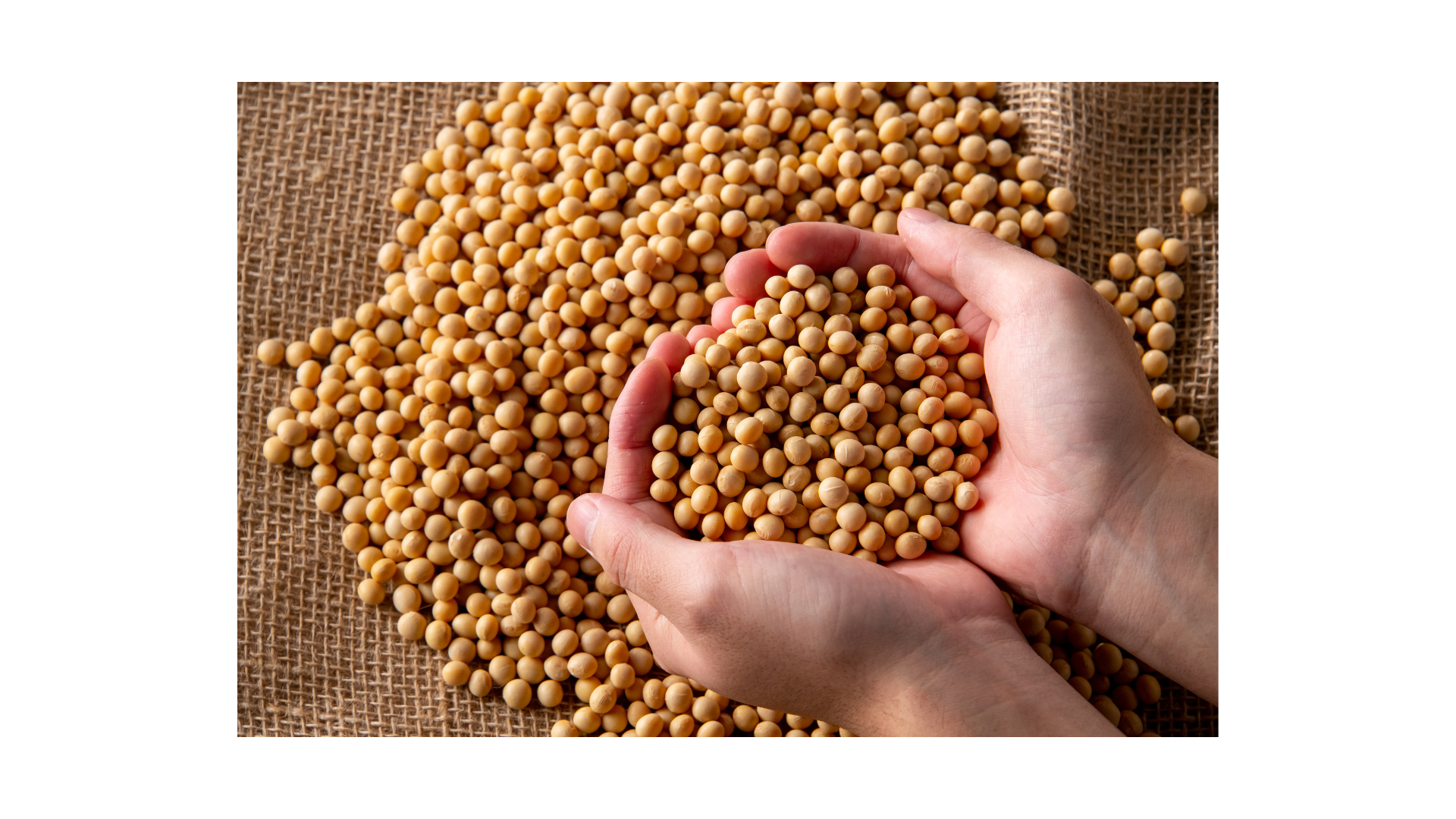In a recent decision published on September 13, the Special Body of the Court of Justice of State of Mato Grosso granted an injunction to suspend the effects of the Joint Normative Instruction SEDEC/INDEA no. 02/2021 of December 07, 2021, which determined that the schedule for planting soybeans in the State of Mato Grosso would follow that established by the Agricultural Defense Department of the Ministry of Agriculture, Livestock, and Supply, extending the planting period until February 03, 2023.
The decision, unprecedented in the country, took place in the records of the Direct Action of Unconstitutionality proposed against a normative act of the State Executive Power given the offense to arts. 9, sole paragraph and art. 236, caput, and item XI of the State Constitution, as such act would be delegating to the Federal Government, in environmental matters, the power assigned to the State Executive Power.
One of the arguments used is that the contested act failed to observe technical studies of environmental impact by extending the period for planting soybean crops. Before the enactment of the standard, the planting period was extended from September 16 to December 31 of each year, a measure implemented to ensure the maintenance of the post-harvest sanitary gap period.
In this case, it was argued that the maintenance of the Joint Normative Instruction, by ignoring the technical studies and recommendatory notifications issued by the State and Federal Public Ministries’ Offices regarding alleged technical mistakes existing in the New National Brazilian Environmental Control Program, would result in an alleged severe sanitary and environmental setback for the grain harvest in the state.
It should be noted that the measure under analysis is a provisional decision, since the injunction request had already been rejected when the action was filed and may still be appealed by the State of Mato Grosso.
However, in addition to the necessary legal analysis that should be carried out, mainly due to the relevant precedents that may arise from this discussion, a market and economic analysis on the subject is still very important, mainly due to the impact of the decision in the soy value chain.
As already mentioned, Mato Grosso is the biggest soybean producer in the country, with an approximate harvest of 39.47 million tons in 2021/2022 crops in a planted area of over 10 million hectares, making the state the biggest producer of the grain in the country.
Thus, the decision rendered in an injunction has the power to affect the entire production chain since, considering the imminent start of the planting of crops in the state, many producers planned their harvest based on an extended schedule, taking as a basis not only the federal and state ordinances and resolutions that regulate the subject, but above all, the price of inputs and the availability of labor and available machinery.
It is worth remembering that a highly qualified workforce is essential for grain production to operate high-precision machinery, which is vital in achieving the very high productivity rates seen in recent years. In addition, many farmers choose to produce their own seeds to ensure the grain quality, requiring a more extended period for sowing – which was hindered by the decision.
Regarding the health aspect, it can be said that despite the reduction of the cultivation period being aimed at protecting against diseases that affect crops, there are currently technological alternatives to control and contingency this risk, particularly regarding the development of crops resistant to fungi and parasites, or the adoption of biological control mechanisms.
Furthermore, the uncertainty regarding the safety of regulatory frameworks leads to a loss of credibility by the market, which starts to price the risk of a possible reduction in production due to the impossibility of many farmers to comply with the fixed schedule.
This scenario is even more severe when analyzing the perspective of the future price of soybeans, which is falling in the main world exchanges, which has already led many producers to be more conservative in their bets for the coming harvests.
Accordingly, even though caution has been used – since the legal requirements are unquestionably fulfilled – for the adoption of measures of this nature, a macro analysis is necessary, considering elements of economic, scientific, financial, and social nature to ensure adequate protection of the interests involved, since it is not only an eminently legal issue, but a context that involves multiple agents, interests, fully impacting the grain production chain.
Therefore, there is no doubt about the formal assertiveness of the measure; however, addressing the issue will require a necessary combination of efforts so that producers, technicians, and the Judiciary, together with other agents and stakeholders, can reach a consensus on the period for planting the crops, ensuring sanitary protection, preservation of the environment, combined with economic and business stability and security so that the production chain continues to generate wealth.
Available at: https://www.jornaljurid.com.br/noticias/tribunal-de-justica-de-mt-derruba-resolucao-que-ampliava-o-periodo-de-plantio-de-soja-no-estado
Autor: Pedro Batistoti Boller • email: pedro.boller@ernestoborges.com.br

